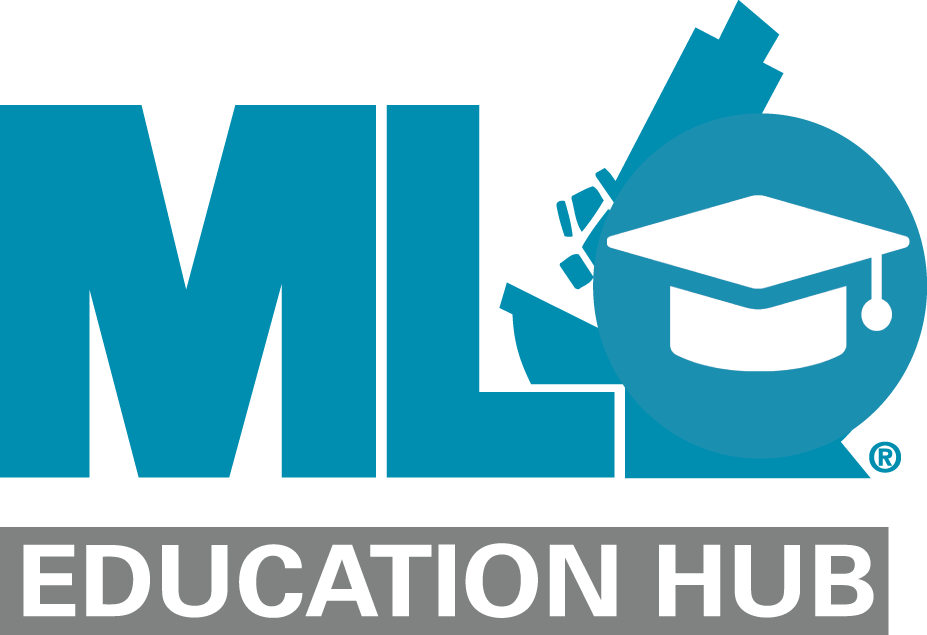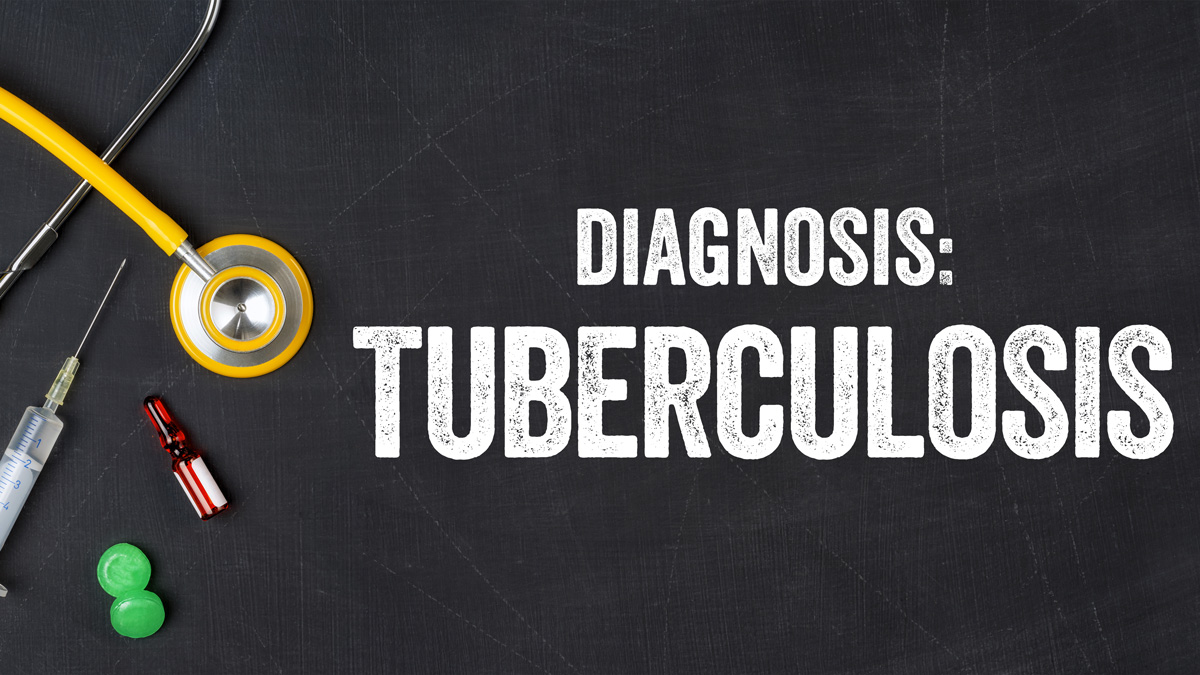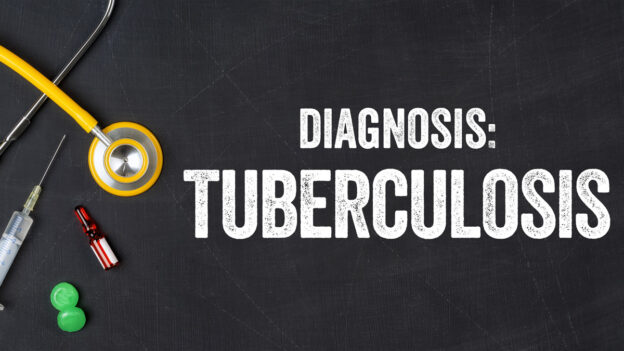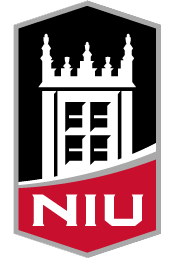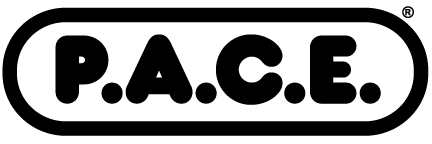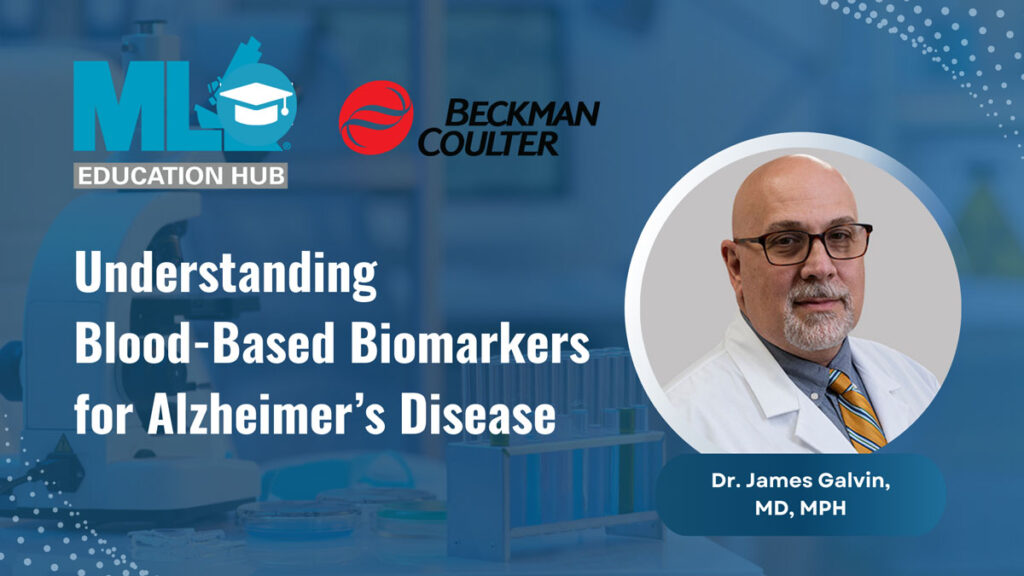By Parth Patel, DMSc, PA-C and Valerie Hazley-Anyiwo, RN, BSN, CICBP
LEARNING OBJECTIVES
Upon completion of this article, the reader will be able to:
- Discuss healthcare statistics and the causative agent ofTuberculosis (TB).
- Describe the differences in documented TB infections.
- Describe detection methods and types of assays for TB andtheir benefits and limitations.
- Discuss the current recommended protocols for the identification and diagnosis of TB.
About the Authors
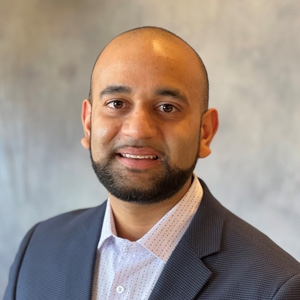
Parth Patel, DMSc, PA-C is a board-certified Physician Associate with a terminal degree of Doctor of Medical Science. He is a Medical Science Liaison supporting the Immune Response in North America for QIAGEN including, QuantiFERON-Gold TB Plus. Prior to joining QIAGEN, he specialized in the field of medical dermatology and routinely screened patients for LTBI prior to initiation of immunosuppressive therapy.
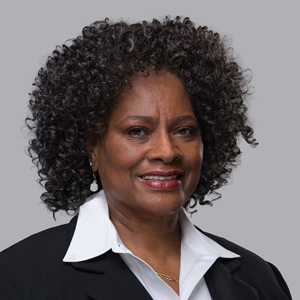
Valerie Hazley-Anyiwo, RN, BSN, CICBP is a Clinical Scientist Consultant and Nurse Educator at QIAGEN. She has over 40 years of consulting, health care management, and clinical experience, including 28 years as a flight nurse and Medical Readiness Officer for the United States Air Force Reserves where her duties included TB screening for 3,500 reserve personnel.
Photo credit: Photo 83419884 © Zerbor | Dreamstime.com
